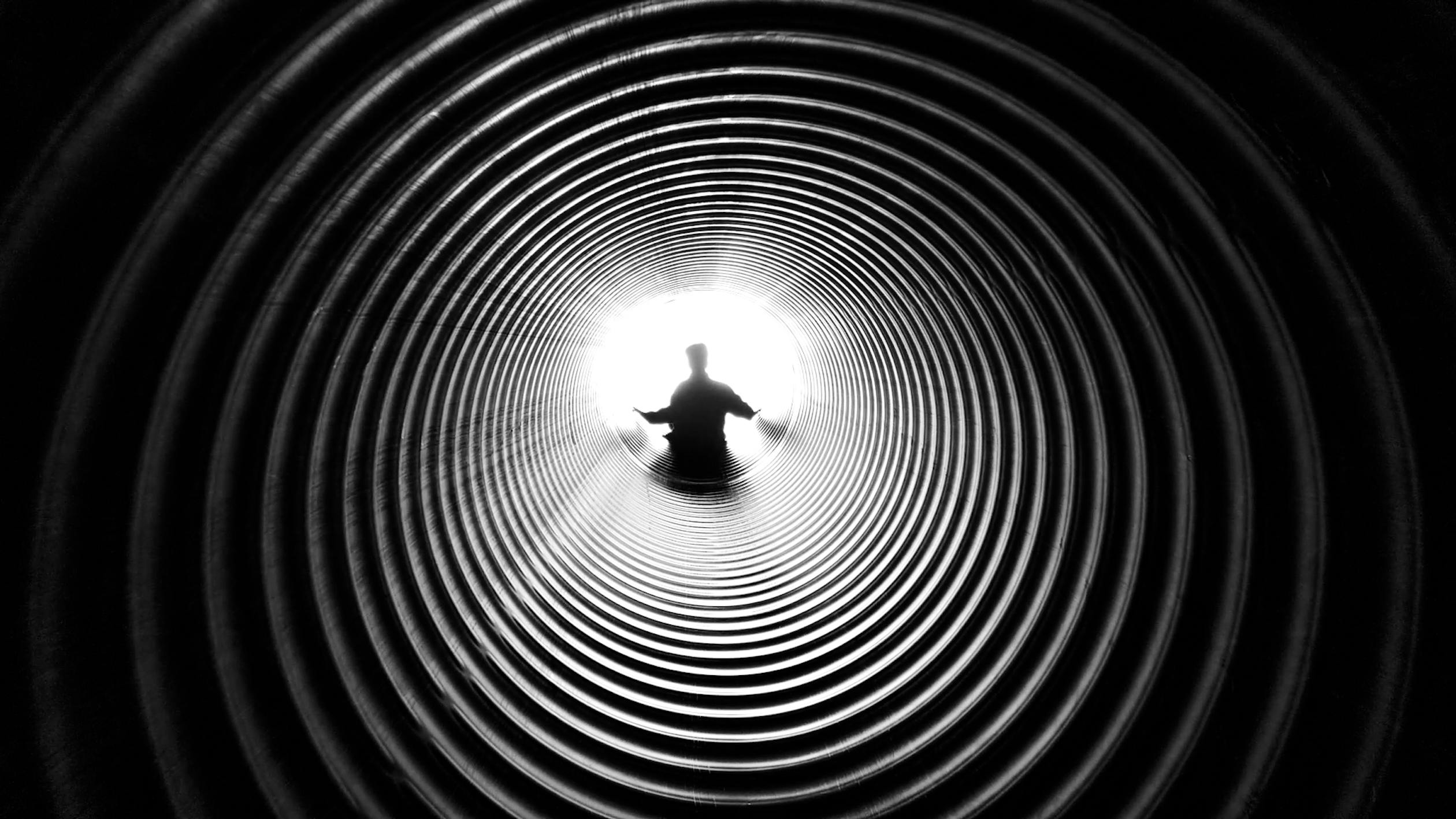The materialist worldview cannot fully explain consciousness, but by changing our paradigm, we might be able to find a clue. Christof Koch, president and chief scientific officer of the Allen Institute for Brain Science provides a theory that differentiates intelligence from consciousness. He says:
If a system has causal power upon itself, like the brain does, then it feels like something. If you have a lot of causal power upon yourself, then it feels like a lot to be you.
Implications for AI
From the very beginning, the goal of AI development is to create machines which have the full capacities of the human being. In order to create such a machine, it was necessary to deconstruct the human biology. The mapping of the human DNA, and the human brain, and other such studies, all inform AI development.
How can a 3-pound mass have the capacity to self-reflect and dream of reaching the stars? Materialism does not offer a solution. What is the actual part of the brain where consciousness resides? So far, materialist science offers no consensus.
Although a computer is intelligent enough to beat the best human at Go, it cannot be considers as conscious because it cannot act upon itself. And though an AI can recreate all the possible connections among neurons within the human brain, allowing it to emulate human behavior, it is more like an zombie – it has outward appearance of consciousness, but no one is home.
Even if humans were able to create a super intelligent AI that can act upon itself, how can we assure that it does not make human existence worse?
Read Original Article
Read Online
Click the button below if you wish to read the article on the website where it was originally published.
Read Offline
Click the button below if you wish to read the article offline.
